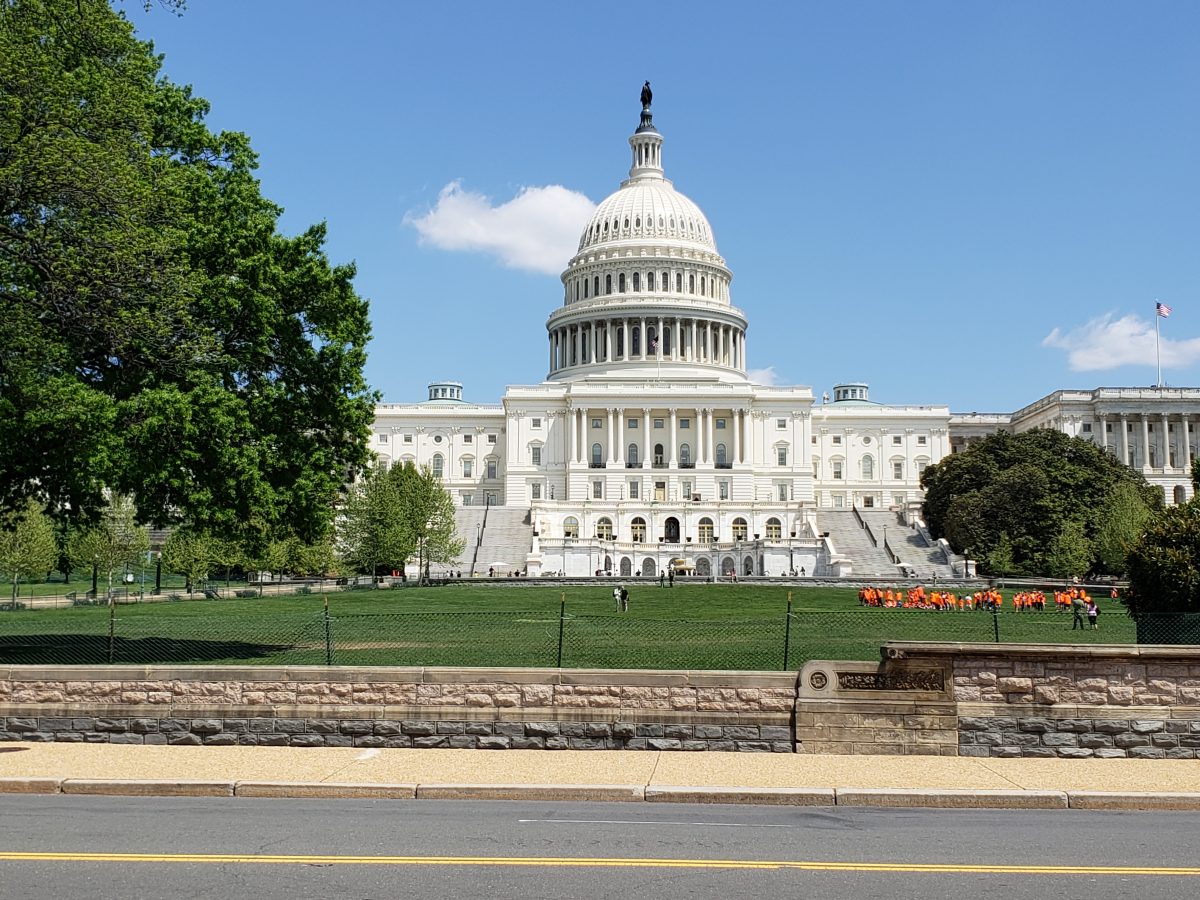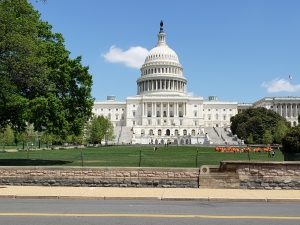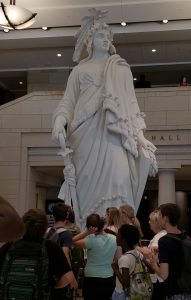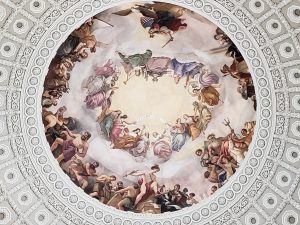As I sit here at the tail end of 2020 and look back at this rather interesting year, I have the opportunity to reflect on the lessons this year has taught me and to see ways in which I’ve certainly changed.
First, my Facebook memories reminded me of how much I was looking forward to putting 2016 behind me. I hope this isn’t going to be a trend every four years!
This year began hopeful. My teen was going into her second semester of dual enrollment and excited about having in-person classes after a semester of doing all online classes. She was busting her hiney and the days started early, but she enjoyed the vibe and energy of being in a college classroom. My tween was going to be wrapping up her life as an elementary school student and looking forward to what lay ahead of her–mission camp just for rising sixth graders, her last spring children’s program at church, and “graduating” from children’s ministry into youth. There’d be a year when both my girls would be in youth group together. (I joked to our youth minister that I’d be praying extra for him, and to let me know if I needed to make a liquor run for him.)
In late February, I finished the first rough draft of my book Finding Peace. Hours at the library while my teen was in class afforded me ample time to write and concentrated time to teach my tween, leaving my afternoons and evenings free to work (when I wasn’t working out in some way). For a writer, these were halcyon, though busy, days. Every day in January and February, I met my writing goals with words to spare.
Then March hit. We had no idea how bad it’d be. The first thing in our lives to fall was school; my teen’s classes went back to all online. It was tough. There were just some classes that needed to be in person for her optimal learning, and her English professor hosed the class over horribly. Church was the next to go. Then soccer season, dance classes, the dance recital, yoga classes, and finally, the highlight of my tween’s year–marine biology camp. We cried together over this loss.
In two months of non-stop losses, living in this crisis mode, trying to understand the pandemic and how to keep ourselves safe, we adapted to new ways of being. Counseling appointments involved long walks and phone sessions. I spent hours a week working out–walking, yoga, weight training–everything I’d been doing before the shutdown. Our hair got long, we adopted the mask life, and we emailed and wrote letters and cards like never before. Suddenly, emails and texts weren’t good enough.
But then in the midst of the losses, gains started showing up. My pastor-friend Cynthia who pastors a Presbyterian church outside of Philly invited me to join in a ladies’ Bible study via Zoom. Over the course of the coming weeks and months, I got the pleasure of getting to know these awesome ladies and learning from them. As the summer blew up with Black Lives Matter peaceful protests and Confederate monuments came crashing down across the south, my rural southern self got to share experiences and perspectives with my new urban/suburban northern friends.
As summer wore on, the refusal of people to abide by simple rules (wear masks and maintain social distance) irritated me. All these people shouting, “My body, my choice!” were overlooking the most basic, simple task of loving others by keeping their germs to themselves. I stayed away from people for the most part, getting out to go grocery shopping (masked and sanitized with handwashing and sanitizing my phone when I got home). We went to the beach where we could enjoy fresh air, sunshine, fun, and organic social distancing.
My teen and I dared to go to the beach for a weekend, staying in a new beachfront hotel. Even though hotel stays are higher risk than we’re accustomed to, we were comfortable with the owner’s Covid response. Most people followed the rules with no problems, and, hey, we were at the beach.
As school started in mid-summer, I expanded my ministry to include my tween’s best friend in our homeschool. I did it mostly to help the girl and her mom. I learned that not everyone is appreciative of what others do for them. I discovered that some people will take advantage of my kindness, and even with a successful homeschool teacher and environment, parent involvement is still mandatory for student success. Now I have a whole new appreciation for what my teacher friends go through.
With any and every ministry, it’s vital to know when to let go. It’s important to recognize when the work is done, when the helper has maxed out her resources, and when it’s time to bless the parishioner and send them on to somewhere that can grab the baton and carry them farther. That time came. My family affirmed this nudging from the Spirit as well as admitting they’re happy they’ll have more of me again.
I learned the importance of self care. I neglected myself for a few months and started feeling the effects of it. The time I’d had in the spring to walk, practice yoga, and tone up disappeared by the fall. By the time my other student went home, it was time to start making dinner.
I learned that I have absolutely no patience or tolerance for narcissistic, self-centered, attention-seeking people. As social distancing and staying at home continued, my social media streams began to annoy me. “Tell me how great I am” posts or endless selfies searching for praise and compliments made me gag. I wondered repeatedly how people can be so narcissistic. It seemed that people needed more and more affirmations from other people when I was thinking, “Let God give you your affirmations, not your social media friends.”
This self-centered behavior went offline, stepping off the screens and manifesting itself in real-life situations. As the pandemic wore on and all the cautionary steps got old and tedious, I heard more and more lame excuses for not wearing masks. One woman told me, “God will protect me from the virus” as her family and she attended church where almost no one masks. Yet, she owns a gun, buckles her little one in his booster seat, and bought a taser for her elementary-aged child “for her protection.” I guess God’s protection only happens within the walls of the church? My teen visited my parents’ church and, after observing the lackadaisical attitudes about mask wearing and safety, declared, “If I were looking for a church or new to Christianity, that would turn me off of the faith entirely.” Christians are supposed to follow the example set by Christ and sacrifice and show love to others, not violate the Torah by testing God.
I learned that I have developed zero tolerance for Christians who aren’t willing to live into Jesus’ command to “Love one another as I have loved you.” Jesus loved us all the way to the cross, but we can’t love each other enough to strap a bit of cotton over our noses and mouths to protect others from our germs.
Maybe it’s my age, but I learned I have zero fucks left to give. Then again, this has been the case for a while. There are people the thought of whom sparks joy for me, and there are people who give me an ugly feeling in my gut. I don’t have time or psychic energy to waste on users and people who are careless with those outside of themselves. I make time for people who have it all together with humility and joy, who can magnify positive energy. I can let go of the former and embrace the latter as we journey together into the New Year. Journey with me as we share love, positivity, and bless each other and those we encounter.




